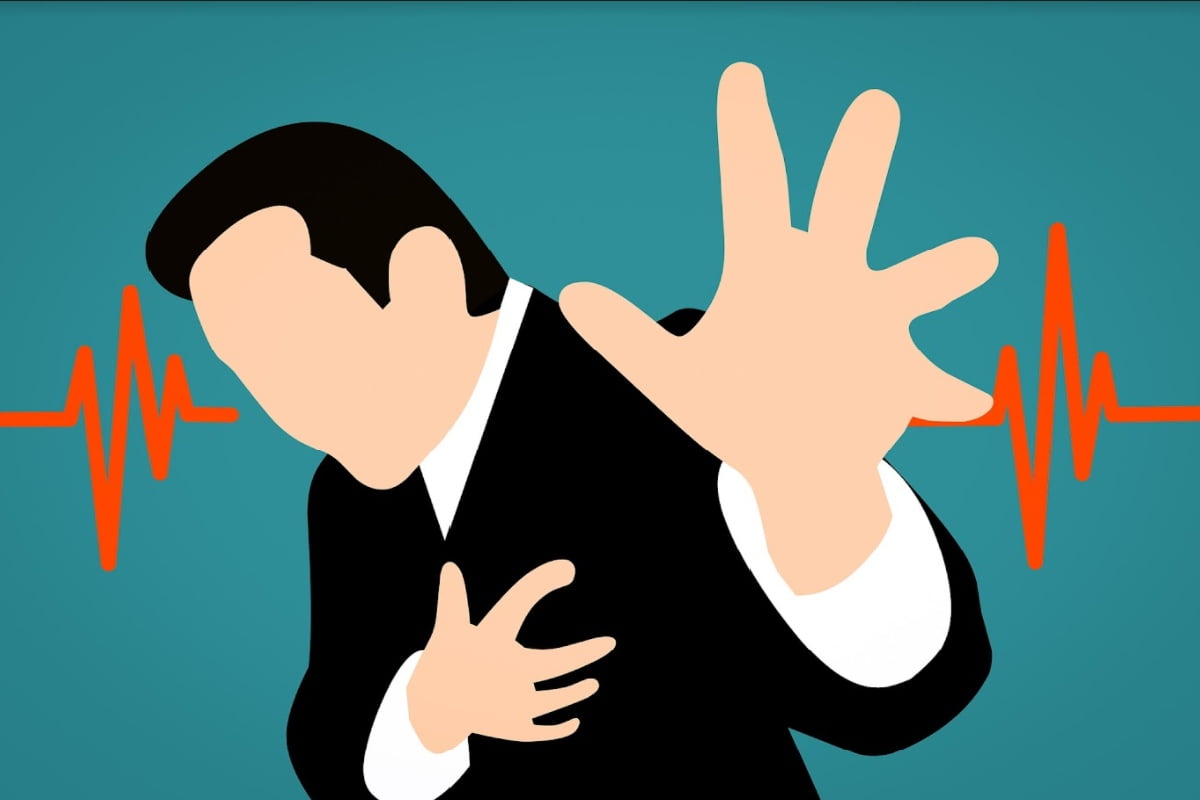
Signs Of An Impending Heart Attack
Signs Of An Impending Heart Attack – A heart attack is a medical condition that occurs when there’s partial or complete blockage of blood flow to the heart. Oftentimes, this blockage in the coronary arteries that feed the heart results from cholesterol, fat, or other substances building up and forming plaque. When the plaque ruptures, blood clot forms and blocks blood flow, causing an interruption that destroys the heart’s muscles, which can be fatal.
Most people don’t know that a heart attack is not always intense. Sometimes, the signs are so subtle and different from the commonly known ones that they might even go unnoticed. While some people may exhibit symptoms hours or weeks in advance, some heart attacks are sudden. We’ll be discussing some of the signs that could warn you of an impending heart attack.
Table of Contents
Difficulty Breathing And Dizziness
If you feel out of breath like you’re from a run yet you only went up some stairs or performed a simple task, it might signify a heart attack. You might suddenly feel dizzy, light-headed, and unsteady on your feet and even cause you to faint. If you’re having trouble with tasks you could easily accomplish, like walking your dog or making the bed, it could be a sign that the heart isn’t pumping blood properly to the rest of the body. Though these signs may feel subtle, it may be an impending heart attack, so it’s best to get checked.
On the other hand, if you suspect that a person has had a cardiac arrest, the first thing to do is to call 911. Fast medical attention can help to save a life. While you wait for medical support to arrive, perform cardiopulmonary resuscitation (CPR) on them to restore blood flow to the brain and other vital organs. Everyone can learn the CPR basics at Newcastle Training, a skill that can be the difference between life and death.
Chest Pains
A heart attack may manifest in the form of discomfort, fullness, pressure, squeezing, or mild pain in your chest’s center, which lasts for a couple of minutes. Sometimes, the feeling comes and goes, and it’s easy to disregard it as something serious. But as the person who knows your body best, if something feels off and gets you concerned, have a physician evaluate you and rule out a heart attack.
Discomfort In The Upper Body
A heart attack affects the heart and the other body parts as well. Its symptoms may vary from person to person, with most people experiencing pain or discomfort in the stomach, neck, jaw, back, and arms. These may not be obvious signs of a heart attack, but you should never ignore them.
Nausea, Indigestion, And Cold Sweats
Cold sweats, nausea, and vomiting can easily be interpreted as signs of flu or many other conditions. However, these can also be signs of a silent heart attack. The best way to rule out a life-threatening condition is to have medical tests done, as surviving the effects of a heart attack highly depends on early detection.
Endnote
It’s possible to suffer a silent heart attack and not experience any warning signs at all. It’s also possible to experience a couple of the above symptoms all at once. This means that the symptoms of a heart attack vary from person to person. Surviving a heart attack depends on recognizing these symptoms, seeking medical treatment, and living a heart-healthy lifestyle.


